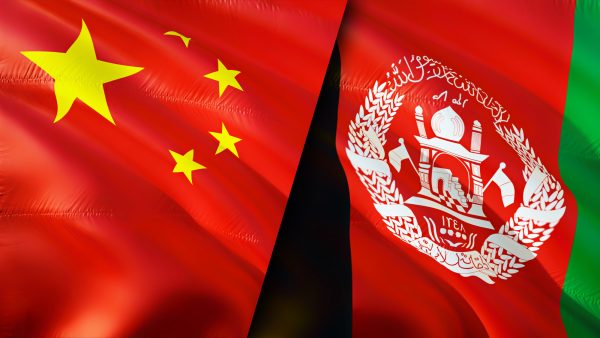In the past three years, Afghanistan saw major changes, including the Taliban's resurgence, which brought about considerable political, economic, and humanitarian issues, Uzbekistan's Center for Progressive Reforms reports. In response to these changes, China increased its involvement with Afghanistan, motivated by security considerations, economic objectives, and the acquisition of natural resources.

China's engagement in Afghanistan is driven by the need to establish a stable governmental structure that can enforce control across the country. Such stability is crucial for curbing regional unrest that could affect adjacent nations, including China. Although China does not officially recognize the Taliban as a legitimate government, it has adopted a practical approach that merges strategic interests with cooperative diplomacy.
China voiced criticism towards the US for contributing to Afghanistan’s instability but has adopted a more restrained approach towards the Taliban, avoiding strong criticism regarding human rights issues. China called for the unfreezing of Afghan assets by the US and showed a readiness to provide economic support to the Taliban, favouring economic and diplomatic engagement over military involvement.
China's security agenda also includes maintaining peace in the Xinjiang Uyghur Autonomous Region by preventing the influx of extremist activities from Afghanistan. The insistence on the Taliban's commitment to dismantle Uyghur militant groups underlines China's extensive regional security concerns.

Recognizing Afghanistan's strategic geographical importance, China views it as a key component in regional connectivity and a gateway for considerable economic interactions. The Belt and Road Initiative (BRI) is a framework through which China seeks to strengthen these economic ties by promoting infrastructure development and resource extraction.
In a display of commitment, the Fan China Afghanistan Mining and Trading Company announced a $350 mn investment in various sectors in July 2023. In another move, in January 2023, Chinese companies entered a $150 mn yearly investment agreement for oil extraction in northern Afghanistan, highlighting ongoing cooperation with the Taliban administration.
Additionally, China aims to capitalize on Afghanistan's vast mineral wealth, including essential rare earth elements like lithium, which are vital for the semiconductor industry and other modern technologies. Efforts to restart operations at the Mes Aynak copper mine indicate China’s ongoing interest and investment in Afghanistan’s resource-rich economy.
Afghanistan is integral to China’s larger diplomatic strategies aimed at boosting its regional influence and enhancing its relationships with neighbours such as Pakistan and Iran. China’s involvement in resolving Middle Eastern conflicts, like the Saudi-Iran dispute, highlights the strategic importance of Afghanistan in its regional policy.
As stability in Afghanistan increases, the prospects for more extensive China-Afghan relations could notably affect regional integration and peace initiatives.
Comments (0)